Zabeer wins back-to-back Stockholm Junior Water Prize Bangladesh
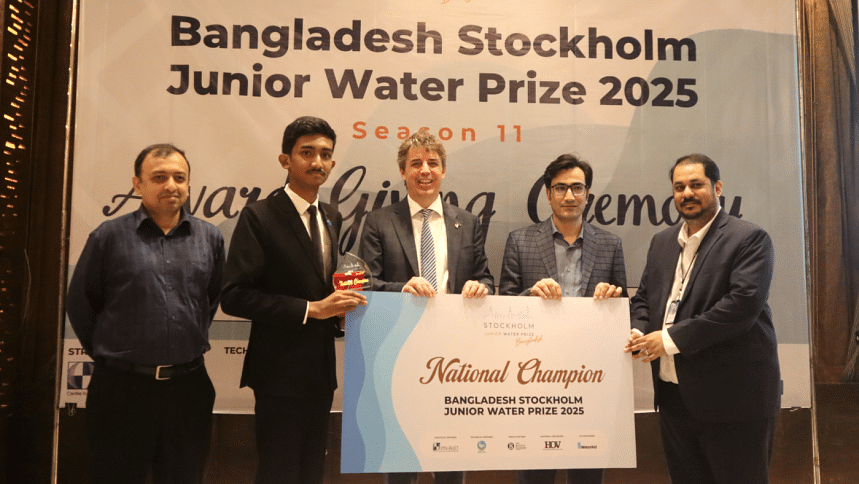
Zabeer Zarif Akhter, a student from St. Joseph Higher Secondary School, Dhaka, has been awarded the Stockholm Junior Water Prize Bangladesh 2025. Having won the same national title last year, Zabeer will once again represent Bangladesh at the global finals in Stockholm during World Water Week, competing against national champions from other countries.
Zabeer's award-winning project, titled 'AI-Based Rapid Water Testing System', utilises AI (artificial intelligence), machine learning, and IoT (Internet of Things) technology to address challenges in water safety monitoring. The project's focus corresponds with Sustainable Development Goal 6 (Clean Water and Sanitation), which serves as the theme for the Stockholm Junior Water Prize competition.
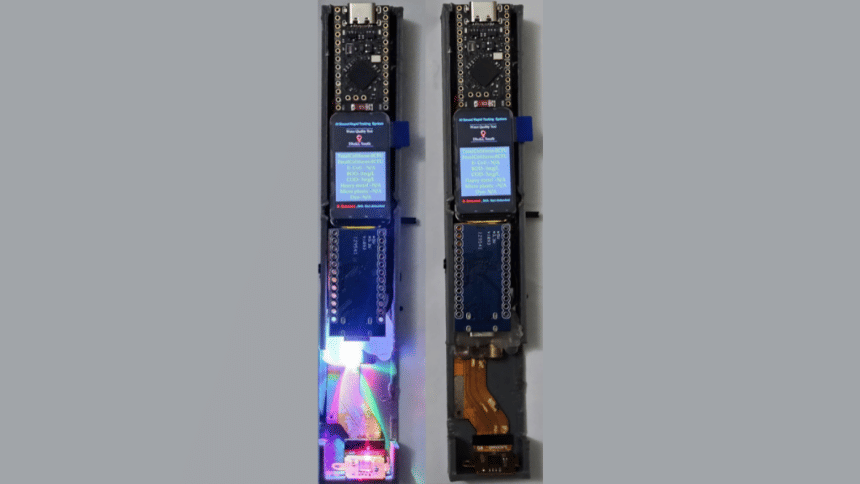
According to Zabeer, his low-cost, portable device offers real-time water quality monitoring, delivering results within seconds and with 97% accuracy. At the heart of this innovation is the ESP32-C6 microcontroller, which enables the device to conduct advanced tests using UV, IR, Raman spectroscopy, and electrical measurements to detect contaminants like heavy metals, volatile organic compounds, and pathogens.
Zabeer says that this technology promises a scalable solution to water safety, especially in rural and disaster-prone areas where traditional lab testing is costly, slow, or completely inaccessible. "Unsafe water remains a critical issue, particularly in regions with little to no access to laboratory facilities. With this system, individuals and organisations can get accurate contamination data in real-time, empowering them to take immediate action," Zabeer explained.
His journey to Stockholm began last year when he first won the national round of the same competition with a project on water purification, which involved the use of plasma and high voltage to create a water purifier from electronic waste.
This year, he says he took things one step further, shifting from purification to prevention and detection. This year's project complements his previous work by offering "a diagnostic layer that can preemptively alert users to contamination before it causes harm". "I want to create a complete ecosystem around water safety, from detection to purification. That is why this year's project is focused on rapid testing. If you do not know if your water is unsafe, you cannot take steps to purify it," he added.
Zabeer anticipates this year's trip to Sweden with particular interest, as it will include meetings with the Swedish Royal Family and attendance at the Stockholm City Hall dinner traditionally held for Nobel Laureates. The itinerary also provides opportunities to interact with other national winners and discuss their respective projects.
Regarding the international competition, he noted the value of collaborating with global peers working on similar water-related challenges, stating: "There is so much to learn from young people around the world who are working on the same issue. It is a reminder that innovation does not need age but urgency."
Furthermore, Zabeer is committed to taking his project into the real world. "This is not just a science fair project but a real solution. I am working on partnerships to bring it to the people who need it most," he emphasised.
He is currently exploring collaborations with institutions such as BUET, NGOs like WaterAid and UNICEF, and public health departments to expand field testing and optimise the device's scalability. His vision includes rolling out his system in disaster-hit zones, industrial belts, and rural communities, where fast, on-the-ground water testing could be the difference between sickness and safety.
Zabeer also says that his current project is supported by a collaborative ecosystem of partners committed to water innovation and youth-led solutions. House of Volunteers served as the national organiser, with WaterAid Bangladesh co-organising the competition. Strategic support came from ITN-BUET and UNICEF, while ES Tex acted as the technical partner, he added.

 For all latest news, follow The Daily Star's Google News channel.
For all latest news, follow The Daily Star's Google News channel. 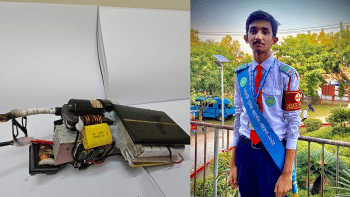


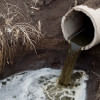

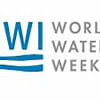
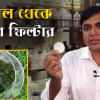


Comments